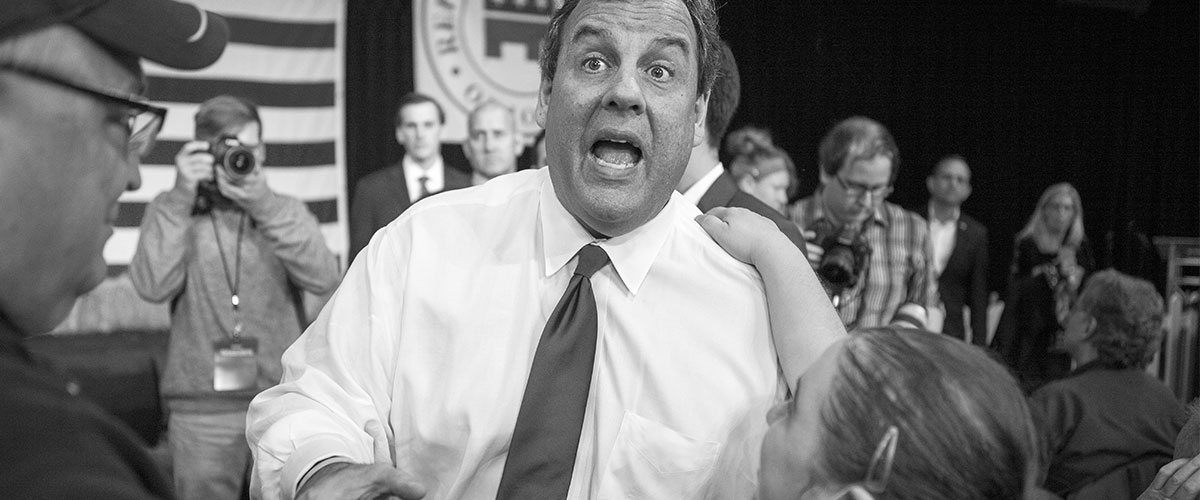[vc_row][vc_column][vc_column_text]
Adding PTSD to New Jersey’s list of qualifying conditions for medical marijuana has caused a recent surge in registered patients.
Since September, nearly 500 people have registered for New Jersey’s medical marijuana program, NJ.com reports. The cause? Gov. Chris Christie agreeing to expand his state’s program to include post-traumatic stress disorder (PTSD) to the list of qualifying conditions.
A state Health Department spokeswoman told NJ.com that 466 people diagnosed with PTSD have qualified for the program in the past four months. Those registered for the program with PTSD now represent about 4 percent of the 10,800 total enrolled patients.
PTSD is a mental condition that develops following the witnessing or experience of a traumatic incident. Most common among veterans who have experienced combat, PTSD can cause excessive stress and reoccurring flashbacks and nightmares. Studies have shown cannabis to be effective for managing PTSD’s symptoms. Twenty states with medical marijuana laws include PTSD as a qualifying condition.
“This bill would provide struggling veterans and others with the ability to use medical marijuana to treat PTSD, but only after it has been determined by a physician or psychiatrist that conventional medical therapy is ineffective,” Gov. Christie said in a statement last August.
Christie signed the bill, Assembly Bill 457, to expand the seven-year-old program to include PTSD on September 14. Lawmakers in New Jersey legalized medical marijuana in 2010, but the program has been plagued by a relatively limited list of qualifying conditions and a lack of operational dispensaries. Gov. Christie has historically been reluctant to expand access to marijuana and physicians have been hesitant to be certified to recommend medical cannabis.
“Although that number is pretty big, it actually could be a whole lot bigger if there weren’t so many hurdles to jump through,” Army veteran and Trenton resident Leo Bridgewater told NJ.com. “We don’t have physicians who are willing to sign people up. A lot of people don’t even know there is a program.”
The executive director of the Coalition for Medical Marijuana of New Jersey, Ken Wolski, told NJ.com that he’s disappointed by the requirement that PTSD patients must first try and fail using conventional medicine before being approved for medical marijuana. He added that the surge in patients “also points to the broader issue of how so many other people in New Jersey are waiting for access to the appropriate treatment for their conditions.”
New Jersey’s original medical marijuana law qualified just six conditions for medical marijuana with a doctor’s recommendation: amyotrophic lateral sclerosis, multiple sclerosis, terminal cancer, muscular dystrophy, inflammatory bowel disease (Crohn’s disease), and any terminal illness. The law did allow people diagnosed with seizure disorders, spasticity and glaucoma to qualify if conventional treatments had proven ineffective, and people diagnosed with HIV/AIDS or cancer to be approved for their pain, nausea and wasting syndrome.
The state health department’s medical advisory board has said it would consider additional requests from residents to add other qualifying conditions. Dozens of people have requested the program expand to include different causes of chronic pain, lupus, osteoarthritis, and Lyme disease.
A spokeswoman for the health department told NJ.com that the department is currently working with the review panel chairman to schedule a meeting date to go over the requests.
You can read the entire report from NJ.com here.
Learn more about cannabis’ effects on PTSD by visiting our education page.[/vc_column_text][/vc_column][/vc_row]






